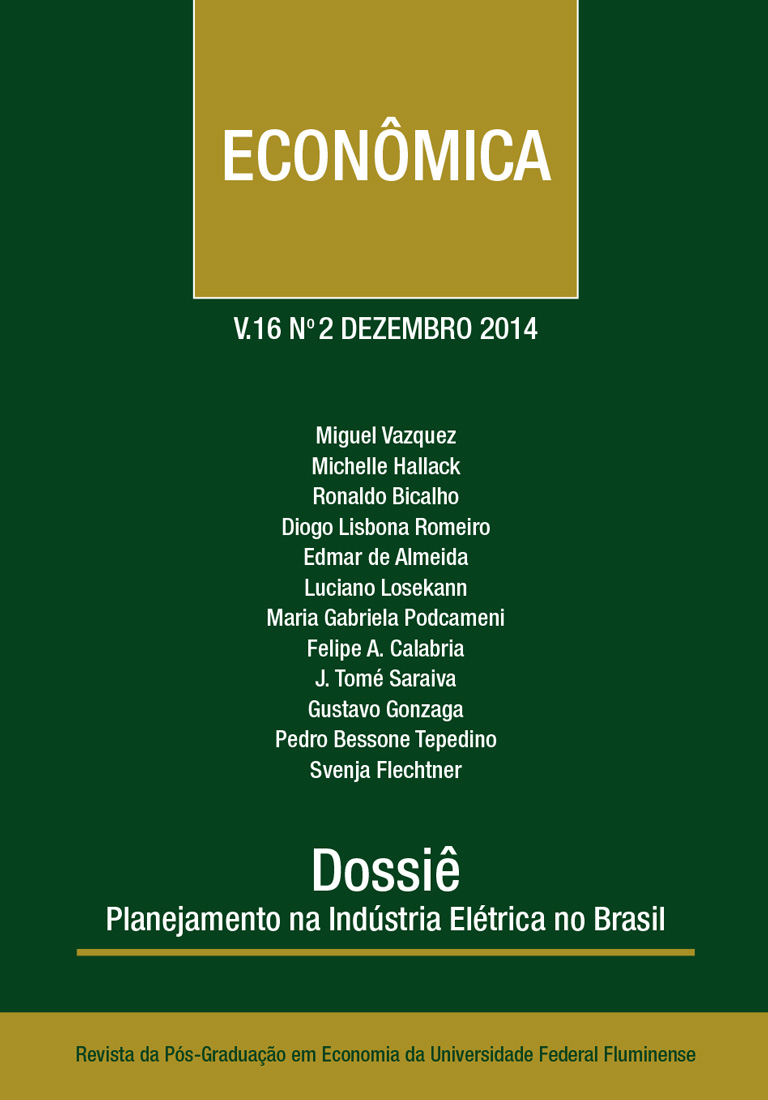Brazilian electricity market: Problems, dilemmas and a new market design aiming to enhance flexibility while ensuring the same level of efficiency and security of supply
DOI :
https://doi.org/10.22409/reuff.v16i2.34976Résumé
The Brazilian electricity market contains certain particularities that distinguish it from other markets. With a continental interconnected transmission system, a large and growing demand, and a total installed generation capacity around 137 GW, from which around70% comes fromhydropower plants withmultipleownerscoexisting in hydro cascades, this electricity market has gone through two large institutional and regulatory reforms in the last twenty years. Nevertheless, currently the conciliation between the commercial commitments of the market participants and the physical dispatch is not smooth. There is a lack of “trading opportunities” to encourage participants to comply with their contracts. Moreover, the Brazilian short-term market actsas a mechanismto settle differences rather thana true market and,neither the short-term price northe dispatch schedule is determined by the market. This paper discusses these problems, brings out some dilemmas that should be examined in order to implement a more market-oriented approach, and proposes a new market design to overcome these issues. The proposed market design is based on the concept of energy right accounts as virtual reservoirs and aims at enhancing the flexibility to enable market participants to comply with their contracts, while still ensuring the efficient use of the energy resources and maintaining the current security supply level.Téléchargements
Téléchargements
Publié
Numéro
Rubrique
Licence
Autores que publicam nesta revista concordam com os seguintes termos:
a.Autores mantém os direitos autorais e concedem à revista o direito de primeira publicação, com o trabalho simultaneamente licenciado sob a Licença Creative Commons Attribution que permite o compartilhamento do trabalho com reconhecimento da autoria e publicação inicial nesta revista.
b.Autores têm autorização para assumir contratos adicionais separadamente, para distribuição não-exclusiva da versão do trabalho publicada nesta revista (ex.: publicar em repositório institucional ou como capítulo de livro), com reconhecimento de autoria e publicação inicial nesta revista.
c.Autores têm permissão e são estimulados a publicar e distribuir seu trabalho online (ex.: em repositórios institucionais ou na sua página pessoal) a qualquer ponto antes ou durante o processo editorial, já que isso pode gerar alterações produtivas, bem como aumentar o impacto e a citação do trabalho publicado (Veja O Efeito do Acesso Livre).

